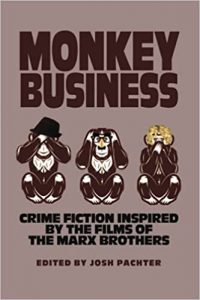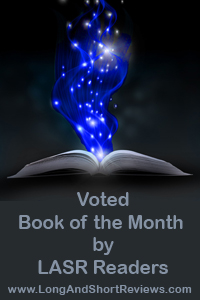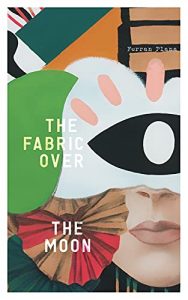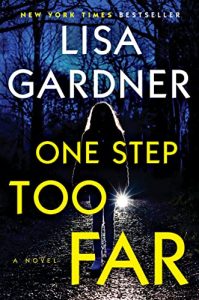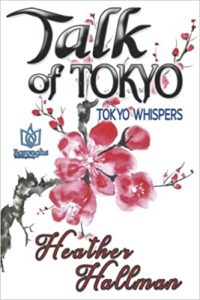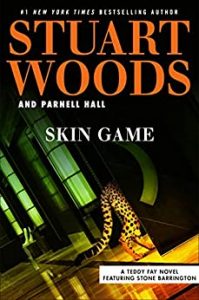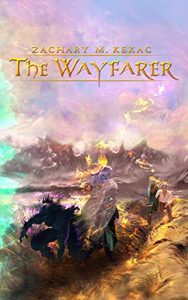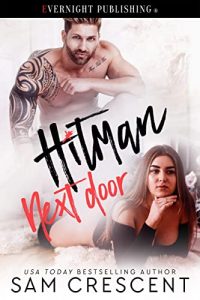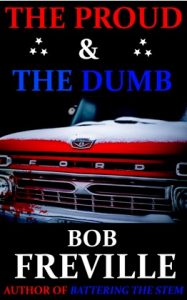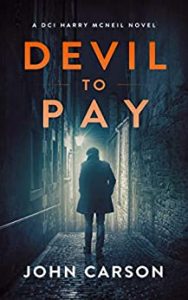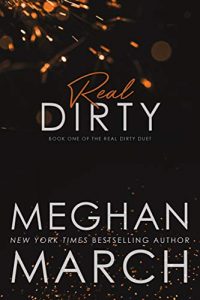Monkey Business: Crime Fiction Inspired by the Films of the Marx Brothers by Josh Pachter
Publisher: Untreed Reads
Genre: Mystery/Suspense/Thriller, Historical
Rating: 5 Stars
Reviewed by AstilbeA Night at the Opera, A Day at the Races, Duck Soup, Animal Crackers…over the two decades between 1929’s The Cocoanuts and 1949’s Love Happy, the Marx Brothers—Groucho, Harpo, Chico, and sometimes Zeppo—entertained movie-goers around the world with their madcap antics, rapid-fire dialogue, and prowess on the piano, the harp, and in song.
Now, a Who’s Who of award-winning crime writers pays homage to the Marxes in fourteen short stories, each inspired by one of the brothers’ thirteen studio films. (Wait a second: fourteen stories inspired by thirteen films? How does that add up? You’ll find the answer to that question…and so much more!…inside the covers of this book.)
The authors? Donna Andrews, Frankie Y. Bailey, Jeff Cohen, Lesley A. Diehl, Brendan DuBois, Terence Faherty, Barb Goffman, Joseph Goodrich, Robert Lopresti, Sandra Murphy, Robert J. Randisi, Marilyn Todd, Joseph S. Walker, and editor Josh Pachter, who is a recent recipient of the Short Mystery Fiction Society’s Golden Derringer Award for Lifetime Achievement and the editor of two previous “inspired by” anthologies from Untreed Reads, The Beat of Black Wings: Crime Fiction Inspired by the Songs of Joni Mitchell and Only the Good Die Young: Crime Fiction Inspired by the Songs of Billy Joel.
To paraphrase Groucho: Outside of a dog, this book will be your best friend. (Inside of a dog, it’s too dark to read.)
Perfection comes in many forms, including funny ones.
“The Cocoanuts” showed how a family took over the management of a hotel in Florida and attempted to improve it. Money was tight, so they had to be creative with the resources they already had. I was intrigued by the ideas they came up with and wondered if they’d manage to pull everything off before the tourists began arriving. This was a breezy and hilarious read that made me wish I could visit this state and enjoy the sunshine there.
While it wasn’t strictly necessary to be familiar with the Marx brother films of the 1920s, 1930s, and 1940s in order to read this, anyone who has seen them will find an extra layer of enjoyment in these tales. “At the Circus” was one such example of this. The physical comedy included in it was a wonderful reminder of how much can be communicated through body language and gestures. I also chuckled at their reference to the Ringwing brothers instead of the Ringling brothers, especially once it became obvious that these shysters were counting on people to misread it in their excitement to see a famous circus act. The plot twists played out in my mind as clearly as if I were watching them happen on film, and I loved every single one of them.
The main character in “A Night at the Opera” was convinced there was a stowaway onboard the cruise ship she and her cousin Eloise were currently enjoying. It was amusing to see how she planned to prove her theory and what she wanted to do if it was correct. While she wasn’t someone I’d want to go on a cruise with for reasons I’ll leave up to other readers to discover for themselves, her cleverness and ability to keep the audience guessing made it impossible for me to stop reading.
Monkey Business: Crime Fiction Inspired by the Films of the Marx Brothers was a marvelous homage to silent films in general and to the Marx Brothers in particular.
